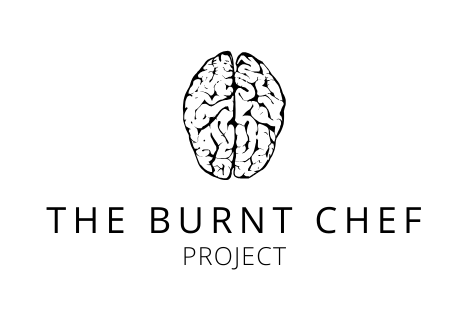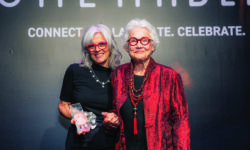Mental Health Awareness in the Hospitality Industry: Kris Hall and The Burnt Chef Project
What started as a series of photographs turned into a worldwide movement.
That was never the plan. At first, Kris Hall, founder of the Burnt Chef Project, only wanted to shine a spotlight on the prevalence of mental health issues in the hospitality industry, and if possible combat the stigma they carried. “When I started this project back in the south of England, I had only planned for it to be a local photography campaign to raise awareness in my hometown. The black and white photos were designed to show that there was more going on behind the shadows of our mind than people realized.”
Those photos ignited social consciousness in a way Hall hadn’t anticipated. “They started to spread via social media.” The dual message – that mental illness was more common than once thought and that change was needed at a sector-wide level – resonated not just locally but internationally. “The merchandise we had started to sell to pay for mental health training was gaining momentum in the UK
and overseas.”
Driven by increasing acceptance then kicked into high gear by the unique pressures of the pandemic, the momentum continued to grow. Today the Burnt Chef Project is a globally recognized not-for-profit social enterprise with a presence in more than 100 countries. Their mission, in their own words, is to create a happier, healthier, more sustainable industry. “We fundraise, sell merchandise and deliver market-leading well-being courses to pay for free education, support, and awareness for the global hospitality community.”
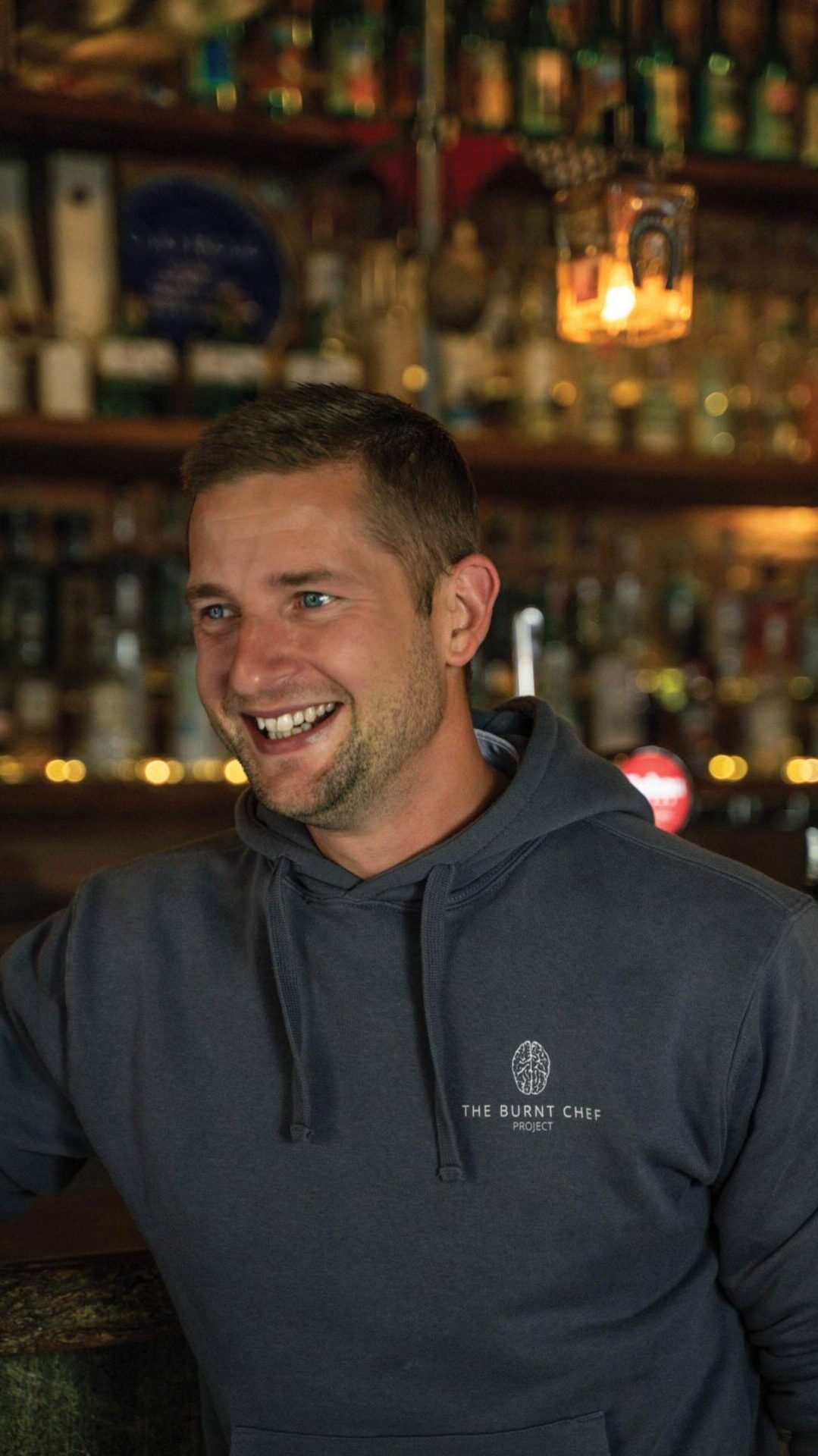
Hall has been open about his own struggles with mental health. “My own personal mental illness has been well documented but aside from that, it was my deep passion for the industry and love for the individuals in it that further solidified my drive to create change.” With a background in sales, Hall has worked in hospitality for more than a decade. “It was hard watching college uptake rates start to dwindle, and having conversations with friends and clients in the trade who didn’t want to do it anymore, or just couldn’t.” Even in the pre-pandemic world, the cracks in the industry were starting to show. So, Hall started Burnt Chef in May 2019. “For too long the passion, creativity and drive of our workforce was taken for granted.”
The Project’s growth was entirely organic. And timely, as the pandemic detonated the pressures the industry was barely keeping under wraps. Hall says the Burnt Chef Project has seen a noticeable increase in mental health complaints since the start of the pandemic. “I believe it’s a combination of greater awareness of mental health issues within our society and the increased number of mental illness experiences because of COVID-19. The lockdowns themselves were problematic and created wider financial and economic pressures.”
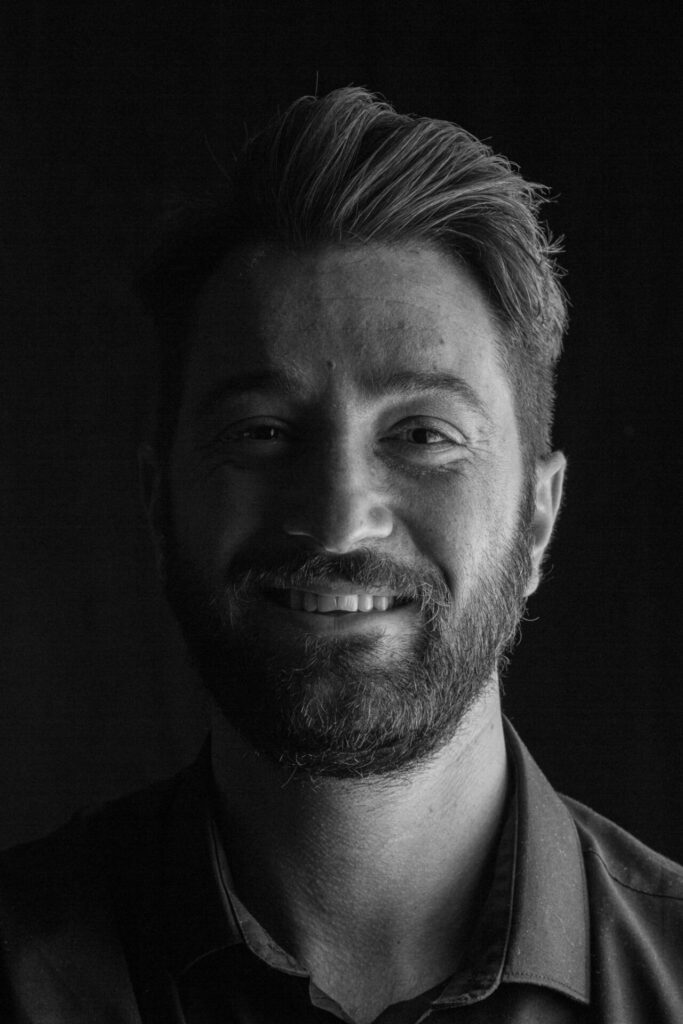
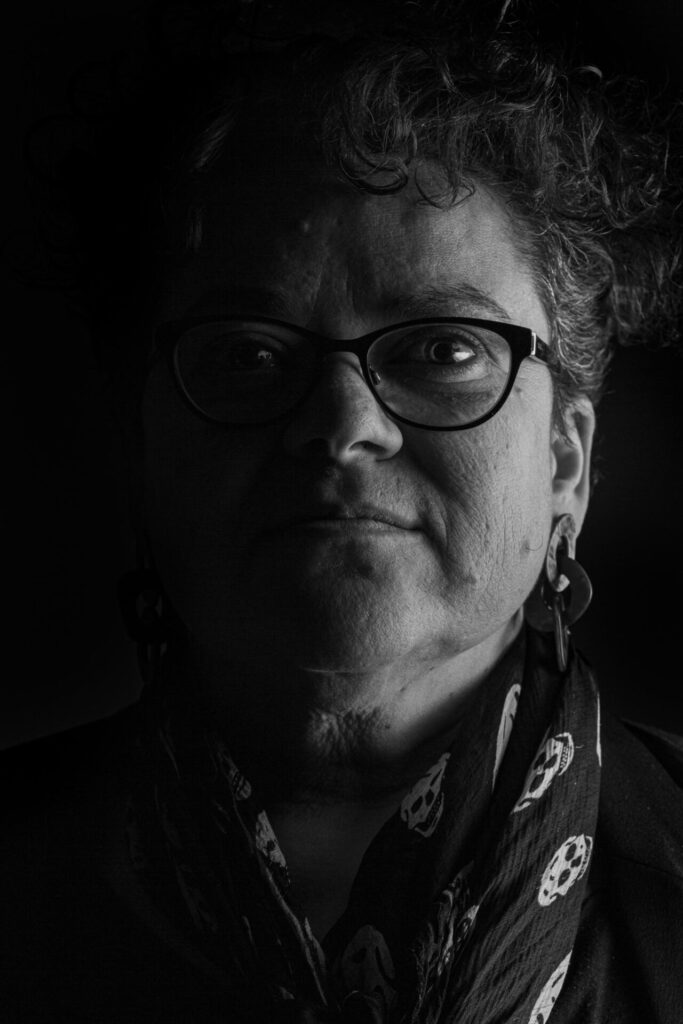
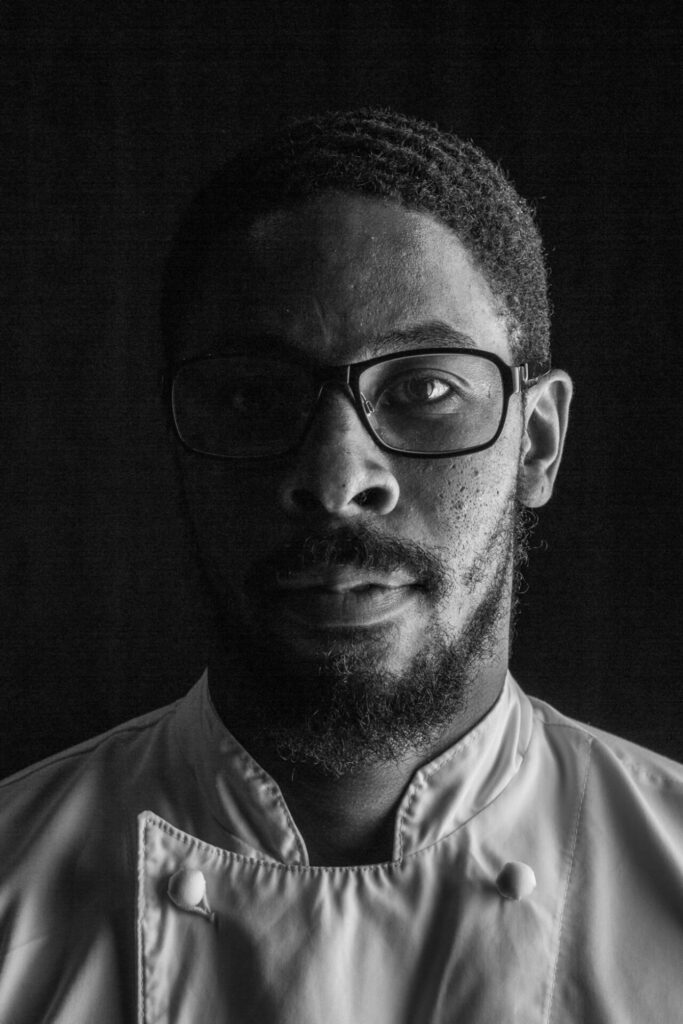
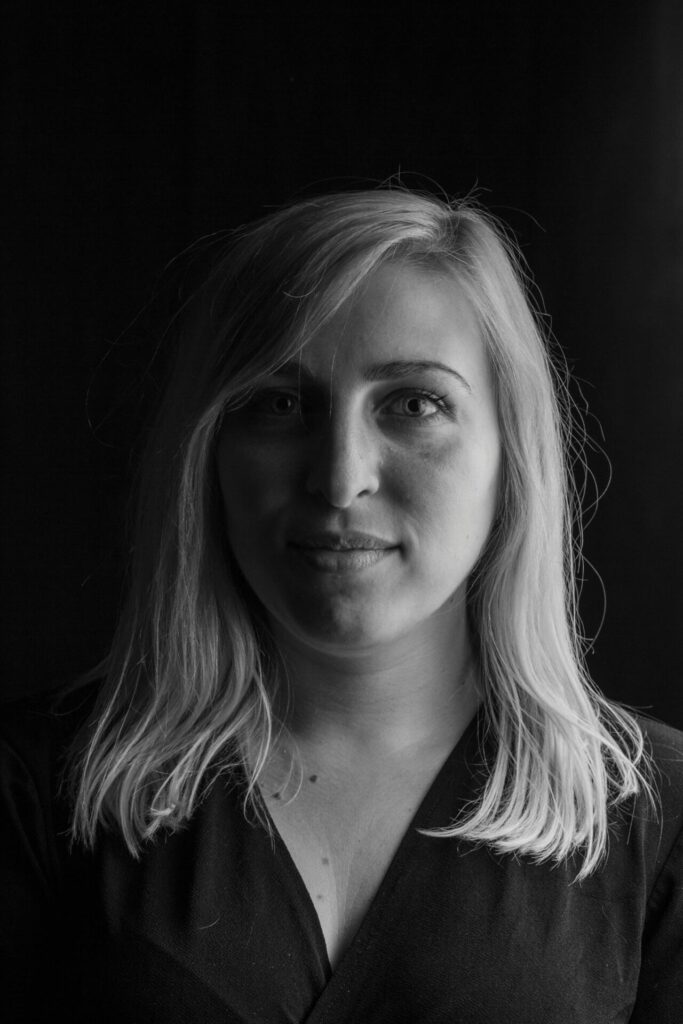
My own personal mental illness has been well documented but aside from that, it was my deep passion for the industry and love for the individuals in it that further solidified my drive to create change.
– Kris Hall, founder of the Burnt Chef Project
That’s when the other part of Burnt Chef Project’s mission, training, really began to pick up speed. “It was at this point, during COVID, that businesses started to contact me to ask what they could do to support their teams.” The Burnt Chef Project expanded their training sessions for both individual leaders and for business teams, and the demand keeps increasing.
The Burnt Chef Project offers many kinds and types of outreach and resources. Their podcast, The Burnt Chef Journal, which launched in 2020, has more than 70,000 downloads in 112 countries to date, and its message of support, survival, and welcome continues to spread.
In February 2021, Burnt Chef launched a direct support endeavor in the United Kingdom, a 24/7 text-based support service provided in partnership with Mental Health Innovation. Free to anyone in the hospitality industry who needs to talk to someone about their mental health issues, the service connects those who are struggling with those who can help. And the connection is not just for work-related issues either. The scope extends to relationships, bullying, and mental well-being in general. There’s also a ‘Get Help Now’ option for urgent situations, with options for residents in the U.K., Ireland, New Zealand, Australia, Canada, and the United States.
And the Burnt Chef Project kept going. They created the Burnt Chef Academy, their free online resource center which offers hospitality-specific information and training, along with stress reduction tools and techniques. Recently they created a dynamic and powerful diagnostic tool that helps businesses not only identify stress and burnout hotspots, but also predict the potential costs if no progress is made. Last year saw the Academy deliver almost 7,100 hours of free training, and participants completed 14,169 education modules.
Recently, The Burnt Chef began the Ambassador Scheme, an international peer support network. “I’m very proud of our International Ambassadors,” says Hall. “They work hard to support others using their own experiences.” At the time of writing, there were 120 Burnt Chef Ambassadors around the globe, each volunteering their time for the Project and to support others in their local hospitality community.
2022 was a big year for the Burnt Chef Project. Though pandemic restrictions receded, and the sector saw some return to normality, it was also sent reeling by ongoing supply chain disruptions, a lack of resources, a rise in economic uncertainty, and increasing reports of mental illness. To better understand the trends, The Burnt Chef Project diverted some of their resources to research, and the numbers were startling. According to their survey of more than 1200 hospitality employees, 84 per cent reported having had mental health issues during their career. Tellingly, 46 per cent said they weren’t comfortable sharing their concerns. That’s the kind of stigma The Project is determined to tear down.
The Burnt Chef Project approaches mental health as both an individual and a societal issue. Hall doesn’t believe one or the other takes priority. “We need to empower individuals to speak up about any concerns they have relating to their mental health whilst also providing education about how to maintain good mental hygiene. That’s something we weren’t taught.” Their website makes several free resources available to make the process easier: checklists, action plans, and guides.
At the same time, Hall knows it’s crucial to ensure that businesses also have the right kind of tools, supportive structures, training and sustainability practices when it comes to well-being. They also need to recognize that the hospitality work environment has a considerable impact on the health of their teams. “You can’t have one without the other. We like to think of it as an all-systems change.”
To fund their work, The Burnt Chef Project sells merchandise, branded with their logo, a cheeky F**K STIGMA with two crossed knives in place of the missing letters, and sayings that offer support for and challenge the stigma of mental health issues. Along with kitchenware and accessories, they sell T-shirts, jackets, hats, coats, and more. One hundred per cent of the profits from sales go directly to providing their free-to-access support services. They also fundraise with athletic events like skydiving and a hiking challenge.
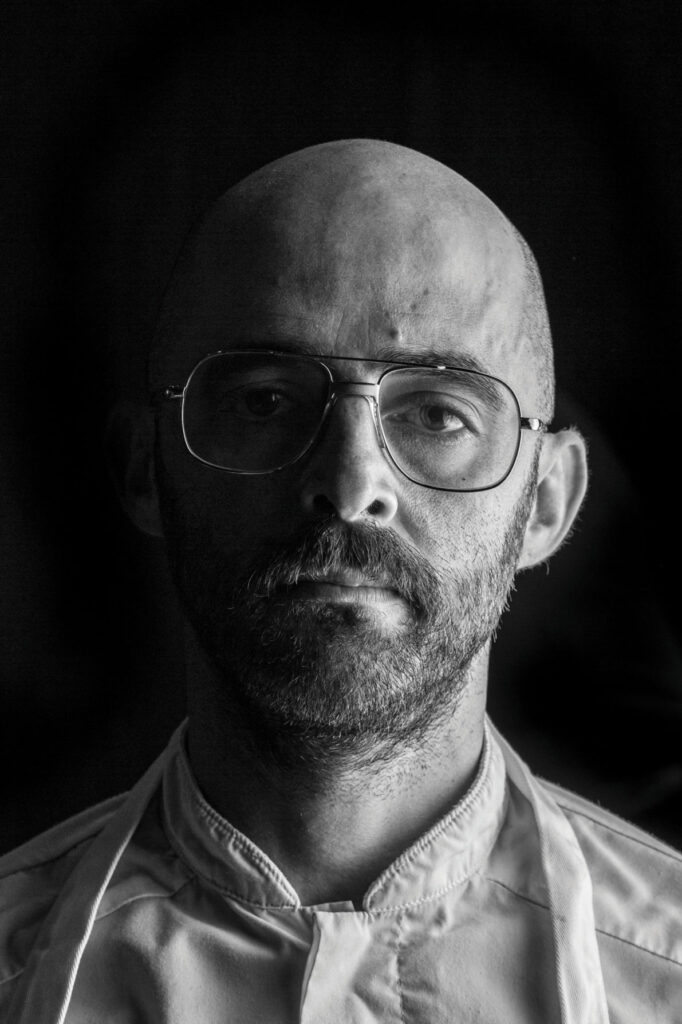
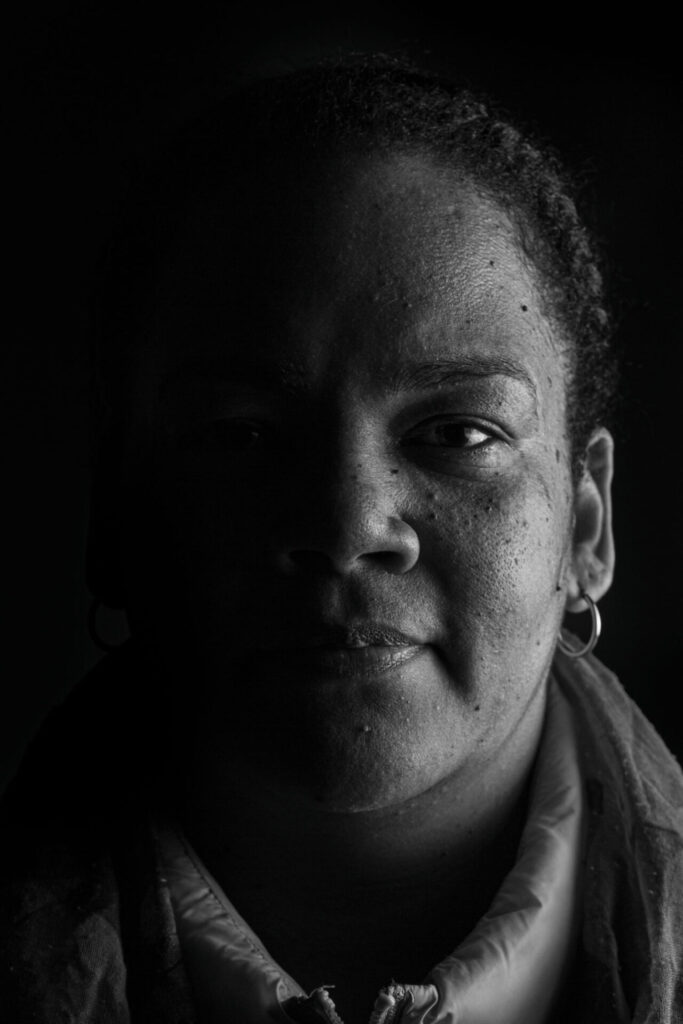
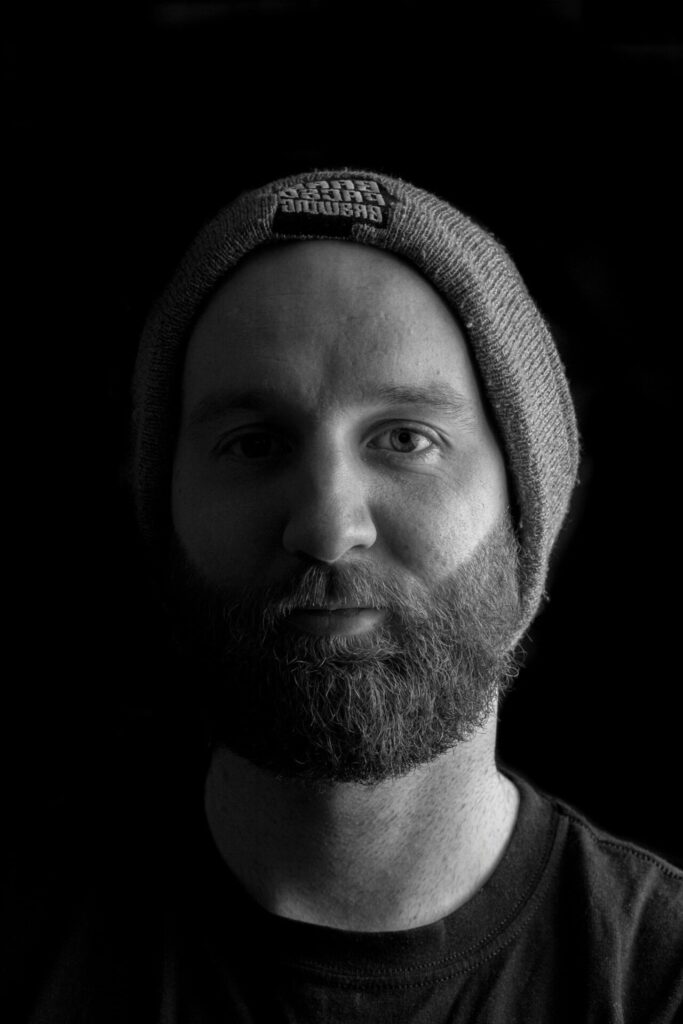
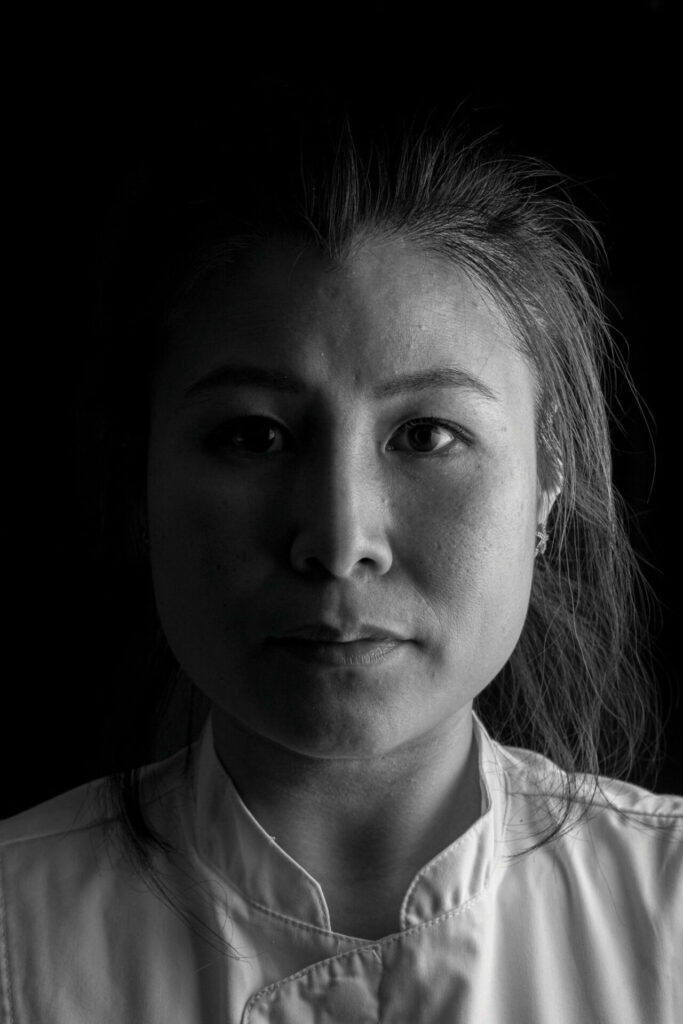
Hall also looks outside of the industry for inspiration and collaboration. The Burnt Chef Project works closely with Mental Health First Aid (MHFA) England to provide their training for businesses and individuals trying to improve their understanding of and accommodation for mental health. Currently they provide half-day, full-day and two-day training sessions, taught either in-house or through third-party training partners. In 2022, they provided almost 2500 hours of training to businesses and teams.
In addition, they recently partnered with Thrive Mental Wellbeing to offer an app for businesses. Hall is thrilled with the partnership. “The Thrive mental Wellbeing app provides proactive therapy all around the globe. It’s available in nine different languages, so those who struggle with their mental health do not need to find courage to ask for help.” Instead, help is offered privately, via an app with unlimited access. Approved by the NHS in the U.K., the app hosts over 100 hours of mental fitness and resilience building tools. “From a services point of view, our partnership with Thrive Mental Wellbeing is incredible. The app’s resources provide unrivaled impact whilst also giving businesses a return on their investment of up to 19:1!”
From its humble beginning, the Burnt Chef Project has grown to a team of 17, including trainers, marketers, psychologists and administrative personnel. But when it comes to mental wellbeing, they built both mitigation and prevention into their ethos from the start. “The old saying ‘An ounce of prevention is worth a pound of cure’ has never been more true than when it comes to this subject,” says Hall. “Far too often we wait until the struggle sets in, either personally or professionally, before we do anything to intervene. This often leads to increased recovery times, additional problems and, for businesses, considerably higher costs.”
Hall is frank when insisting that the hospitality industry must recognize it has areas to address. “First, the mitigation of stress within our workplaces must be a priority. It’s the leading cause of mental illness amongst our demographic and for a long time we’ve been told ‘That’s just hospitality’. Why does it need to be? Why have we just accepted damaging levels of service and stress without looking at the impact and how to address it?” He compares the hospitality workload to other exercises in endurance. “You wouldn’t expect an Olympic athlete to perform their chosen sport for 16 hours a day in poor conditions, with low nutritional value and without proper rest. Why then, should hospitality workers struggle to keep working in those conditions?”
He also notes that there isn’t a one-size-fits-all approach to improving mental wellbeing. “We try to encourage individuals and leaders to ask their teams what they want and how they feel. We often assume we know what is best for others, especially in hospitality where we’re very good at providing service to others.” The tools and technologies that work best for one individual or workplace might need tweaking or substitution in another. “However,” he continues, “We also need to service ourselves, with self-care and respect, and by asking our professionals what they need in order to create hospitality 2.0. The answers are already there, we just need to be courageous enough to ask the questions and hold that space.”
In a few short years, Hall has overseen the growth of The Burnt Chef Project from a small local awareness program into an international phenomenon. “2022 was quite the year, and 2023 is already shaping up to be even better. We have on-the-ground launches in Italy and Canada is already in progress.” Hall sees the evolution and expansion as more than a business opportunity. “It’s my moral obligation, my duty to provide easy-to-reach education, support, awareness, and data so that our industry can begin to repair itself. I’ve been very much a passenger on this journey.”
